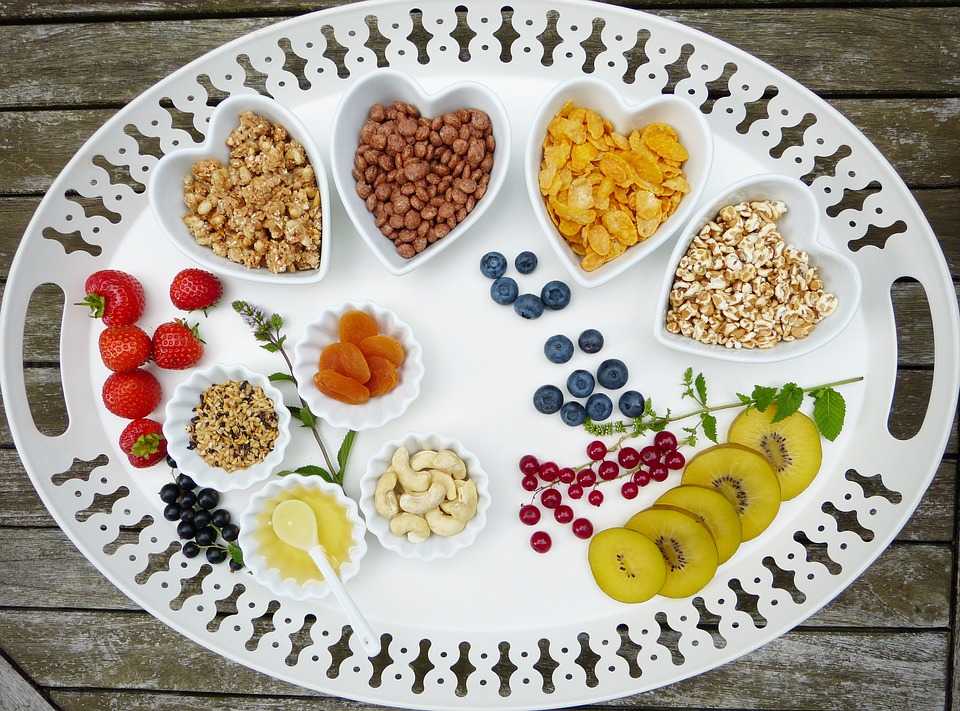Can Your Diet Alter Your Genes?
Foods are no longer linked to only calories and nutrients. The advent of the ‘epigenetic revolution and the novel sciences such as nutrigenomics, metabolomics, and molecular biology establish that foods are constantly interacting with our genes and can potentially influence our risk towards certain diseases by altering genetic activity.
Can Foods Make A Difference?
External lifestyle factors of diet, drugs, and exercise can turn the genes ‘on and off’ or ‘up and down,’ just like a switch, by providing specific instructions to the genes. This is an exciting finding as it shows that we can fight diseases like Alzheimer’s, cancer, diabetes, cardiovascular diseases, and even obesity! Recent epigenetic studies show that foods can bring changes at a molecular level and hence influence metabolic processes, enzymatic activity, adaptation to stressful situations, immune response and our susceptibility to diseases.
Scientists, however, clarify that it isn’t possible to alter the DNA structure or sequence in an individual, using foods, but it is indeed possible to modify the way our genes express themselves, Gene expression refers to the protein-encoding process that is intricately linked to a variety of functions that the resultant protein may perform and can thus, govern the way the body will process a specific food, nutrient or chemical. A glaring example is of identical twins that might possess the same genes and can yet encounter varied diseases, depending on epigenetic factors.
You Can Control Your Gene Expression
There is a plethora of bioactive ingredients in foods that may work to either silence the ‘bad’ genes or activate the ‘good’ ones, The curcumin in turmeric, isothiocyanates in cruciferous veggies such as cauliflower, broccoli, and genistein in soy-based foods are related to histone acetylation and methylation processes that impact gene expression and aid in reducing the activity of pro-inflammatory genes.
Further, life-threatening inherited disorders like phenylketonuria, celiac disease or lactose intolerance can be managed effectively using dietary changes. Eating a plant-based diet comprising of whole grains, fresh fruits and vegetables and maintaining proper ratio of omega 6 and omega 3 fatty acids in the diet are also studied to impact gene expression favorably.
A diet that is tailored to your genetic makeup makes sense and so does being in control of your health, no matter who your parents are. Sure, you cannot change your genes, but you can certainly alter how they work!
